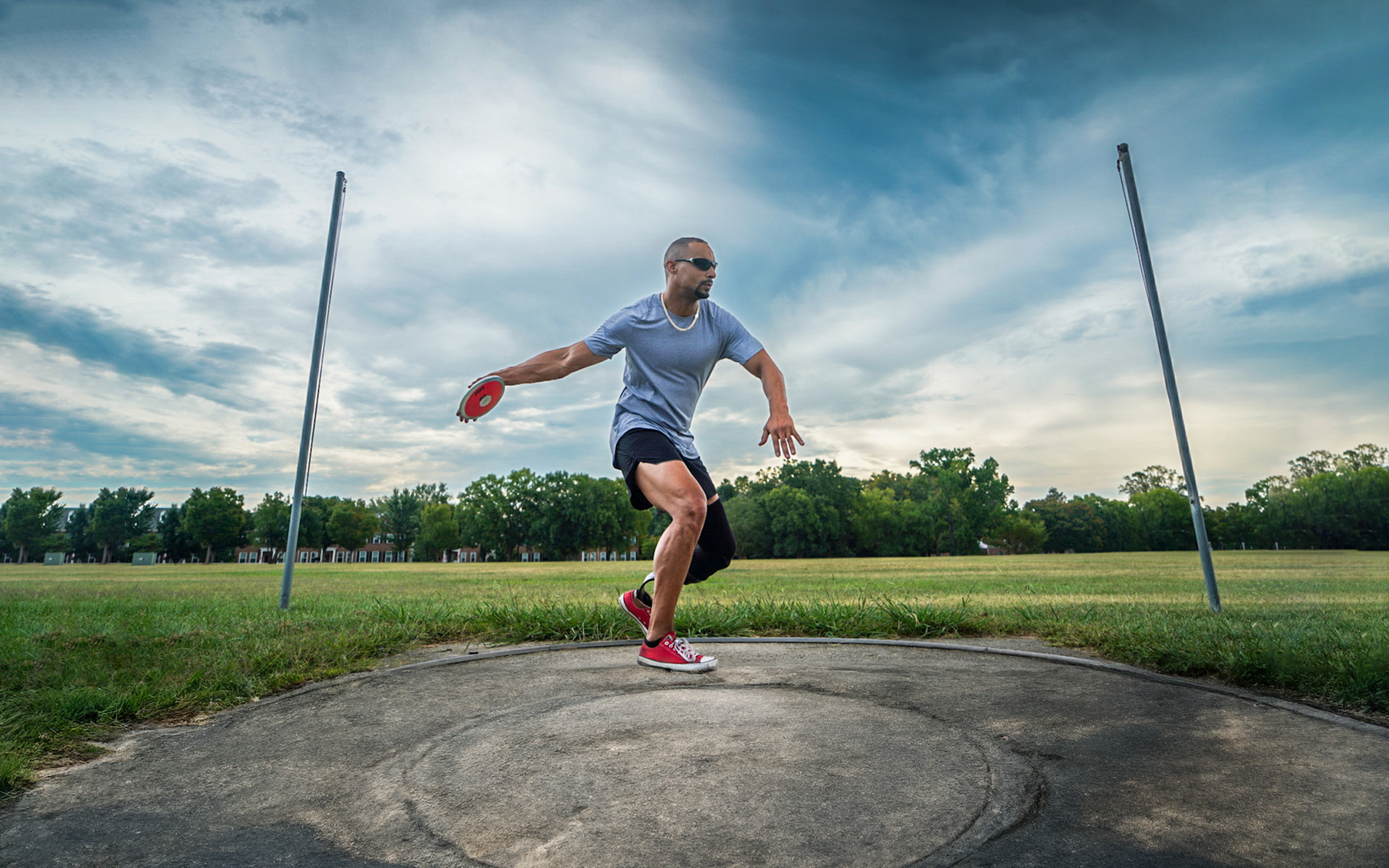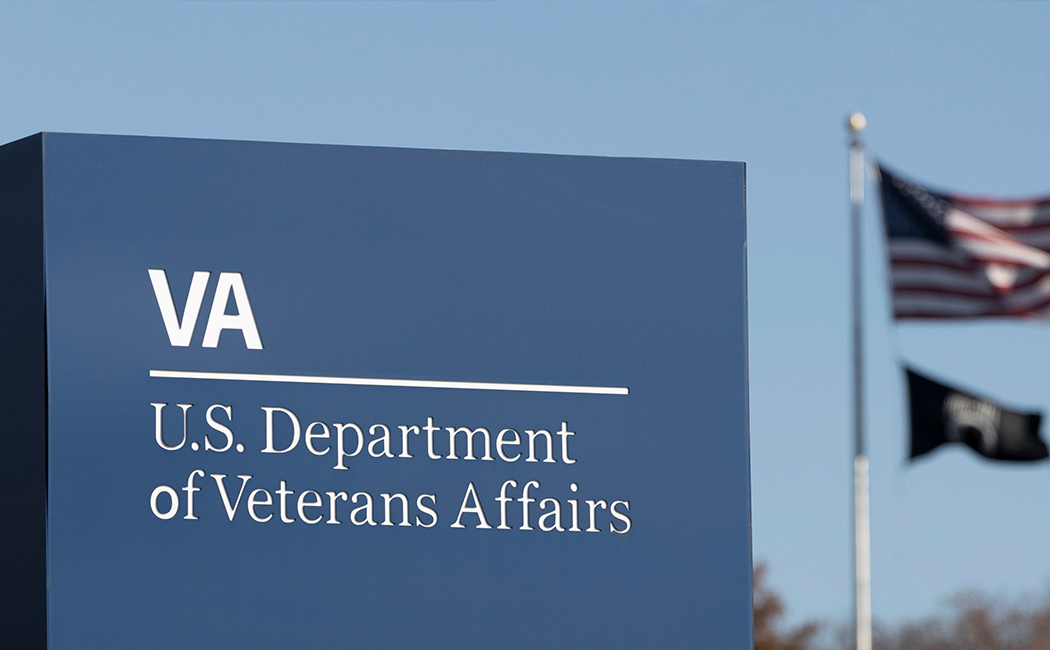Veterans and Adaptive Sports Programs: Opportunities in 2024
Veterans and Adaptive Sports Programs: Opportunities in 2024
In the journey toward rehabilitation and recovery, adaptive sports hold a beacon of hope and empowerment for many veterans. The opportunities for veterans to engage in adaptive sports programs are expanding, offering a pathway not just to physical recuperation but to mental and emotional resilience. Veterans Guardian, a dedicated VA benefits claim consultant company, is committed to enlightening veterans, their families, and soon-to-be veterans about the transformative potential of these programs. Here, we delve into the essence of veterans’ adaptive sports in 2024, guiding you through the avenues to involvement, and the significance of physical activity in rehabilitation.
The Essence of Adaptive Sports
Adaptive sports are tailored activities designed to accommodate veterans and others with physical or mental disabilities, ensuring everyone can participate in sports. Ranging from wheelchair basketball to adaptive skiing, these programs are not just about physical fitness; they are a cornerstone for rebuilding confidence, fostering social connections, and enhancing overall well-being.
In 2024, the landscape of veterans’ adaptive sports is vibrant and inclusive, with numerous programs across the country and around the globe. These initiatives recognize the valor of our veterans, offering them channels to rediscover their strength and agility in the face of challenges.
Getting Involved in Adaptive Sports
For veterans interested in exploring the world of adaptive sports, the process is straightforward and filled with support. Organizations like the Department of Veterans Affairs (VA) and non-profits dedicated to veteran welfare provide comprehensive resources for getting started. Veterans can reach out to VA medical centers, which often have connections to local sports programs and can offer guidance on eligibility and enrollment.
Furthermore, websites like the National Veterans Sports Programs and Special Events offer a gateway to various adaptive sports events, including the National Disabled Veterans Winter Sports Clinic and the National Veterans Wheelchair Games. By visiting these platforms, veterans can find detailed information on how to participate in events that resonate with their interests and abilities.
The Role of Physical Activity in Rehabilitation
The benefits of physical activity for rehabilitation are well-documented, encompassing the physical aspect and mental health. Engaging in adaptive sports can significantly enhance a veteran’s quality of life, offering a sense of accomplishment, independence, and community. Physically, adaptive sports can improve mobility, balance, and overall fitness, while mentally, they serve as a powerful antidote to depression and anxiety, often accompanying the transition to civilian life.
Stories of Empowerment Through Sports
The impact of adaptive sports on veterans’ lives cannot be overstated. Countless stories of empowerment and transformation highlight how these programs serve as a catalyst for positive change. From veterans who have found a renewed sense of purpose by competing in national and international sports events to those who have overcome significant physical injuries to excel in their chosen sport, the narratives are both inspiring and profound.
These stories not only celebrate the indomitable spirit of our veterans but also underscore the importance of adaptive sports in fostering resilience, camaraderie, and a renewed zest for life. Veterans Guardian is proud to share these tales of courage and determination, aiming to motivate others to embark on their journey of recovery and empowerment through sports.
Melissa Stockwell
After losing her leg in an IED explosion while serving in Iraq in 2004, Melissa Stockwell turned to adaptive sports as part of her recovery. She became the first Iraqi War veteran to qualify for the Paralympics, competing in swimming in 2008 and later in paratriathlon, where she won a bronze medal at the 2016 Rio Paralympics. Stockwell’s journey through adaptive sports has not only been about personal achievement but also about inspiring other veterans and individuals with disabilities to pursue their dreams and find joy in movement.
Brad Snyder
Navy Lieutenant Brad Snyder was blinded by an IED explosion in Afghanistan in 2011. He found solace and strength in swimming, a sport he had been passionate about since childhood. Just a year after his injury, Snyder won gold and silver medals in swimming at the 2012 London Paralympics. His remarkable achievements showcase the healing power of sports and the unbreakable spirit of veterans facing life after injury. Snyder’s story is a testament to the idea that losing sight does not mean losing vision for one’s future.
Sarah Rudder
Marine veteran Sarah Rudder discovered adaptive sports as a way to manage her recovery after losing her leg due to injuries sustained during the rescue efforts at the Pentagon on 9/11. She became involved in the Invictus Games, where she competed in various events, including rowing, shot put, and running. Rudder’s participation in adaptive sports not only aided her physical rehabilitation but also helped her mentally, providing a sense of normalcy and accomplishment. Her success in these competitions underscores the importance of resilience and determination in the face of adversity.
Sean Halsted
Sean Halsted, a former Air Force combat controller, became paralyzed from the waist down after falling from a helicopter during a training exercise. He found a new passion in adaptive sports, particularly in Nordic sit-skiing and biathlon. Halsted has competed in multiple Paralympic Winter Games, embodying the resilience and competitive spirit of veterans who refuse to be defined by their injuries. His participation in adaptive sports has been a crucial part of his recovery, offering a sense of purpose and belonging.
These stories of veterans who have embraced adaptive sports illustrate the transformative impact these programs can have. Beyond physical rehabilitation, adaptive sports offer avenues for emotional healing, social connection, and rediscovering one’s potential, proving that limitations can be redefined and challenges overcome with courage and support.
Conclusion
As we continue into 2024, the opportunities for veterans to engage in adaptive sports are vast and varied. From team sports like wheelchair basketball and rugby to individual pursuits in track and field, swimming, and emerging sports, there’s something for every veteran looking to embrace the physical and mental benefits of adaptive sports.
We encourage veterans and their families to explore these options, reach out for support, and take the first step towards an active and empowering lifestyle. Whether you’re seeking competition or camaraderie, adaptive sports offer a path to rehabilitation, recovery, and beyond.








